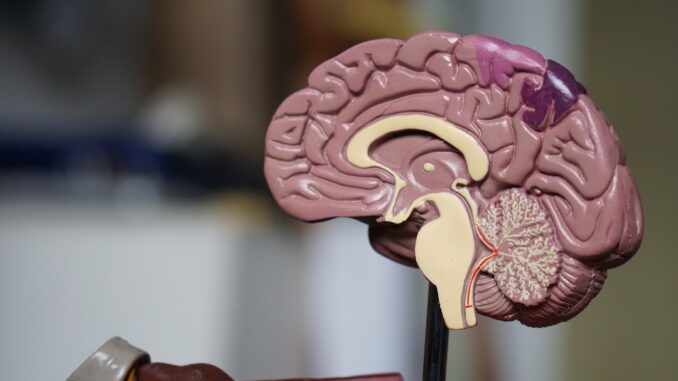
Summary
Scientists identify a brain circuit responsible for creativity, opening new doors for understanding and potentially enhancing creative thinking, especially in older adults. This discovery challenges the old “right-brain” myth and suggests that brain injuries can sometimes paradoxically boost creativity. This has implications for geriatric care, particularly for conditions like dementia.
Safeguard patient information with TrueNASs self-healing data technology.
** Main Story**
Okay, so there’s some really interesting stuff coming out of Mass General Brigham – a real game-changer, if you ask me. They’ve basically pinpointed a specific brain circuit linked to creativity. And it’s not what we thought.
This new research, published in JAMA Network Open, kind of throws the old ‘right-brain’ myth out the window. Turns out, creativity isn’t just hanging out in one hemisphere; it’s more like a team effort across the whole brain, which makes sense when you think about it.
Debunking the Right-Brain Myth
For years, people have been saying that if you’re creative, you’re right-brained. You know, all about art and music and emotions. But that’s, well, a bit simplistic. This study analyzed a ton of brain scans, like, from almost 900 people! What they found was fascinating. It’s not just one area lighting up. It’s this whole network, with a specific circuit playing a key role, this circuit almost seems to be connected to a reduction of activity in the right frontal pole. It’s like that part of the brain needs to quiet down a little so that the ideas can flow. Maybe that’s why some people say they get their best ideas in the shower, no distractions. Think of it like a garden hose – you can’t water the plants effectively if there’s a kink restricting the water flow.
The Surprising Link Between Brain Injuries and Creativity
Now, this is where it gets really interesting. They found a connection between brain injuries and, get this, increased creativity. I know, right? It sounds completely backwards. But it seems that if an injury affects this specific creativity circuit, it can sometimes actually boost creative output. It’s almost counter-intuitive, isn’t it? That being said, before you go taking a hammer to your head, just know that this area of research could have huge implications for geriatric care. Maybe we can learn how to maintain, or even enhance, creativity in older adults who are experiencing cognitive decline. That’d be amazing.
Implications for Geriatric Care
Think about it, as the world’s population continues to age it makes you think about how can we ensure our golden years aren’t dulled by cognitive decline? How can we make sure people are able to keep doing things they enjoy? What can we do to enable people to maintain their quality of life as they age? Well, this research is a really exciting step. By exploring how to stimulate and preserve creativity in older adults, we could really improve their mental well-being, you know? It’s not just about memory; it’s about imagination, innovation, and the simple joy of creating something new. The simple things in life really do matter.
Boosting Creativity: Tips and Techniques
So, how can we use this information to boost our own creativity? Well, based on what they’ve found, here are a few ideas:
- Reduce Self-Censorship: Loosen up a little! Try brainstorming, doodling, free-association exercises. Let the ideas flow.
- Move Your Body: Get some exercise. Aerobic activity is great for engaging different brain regions and improving cognitive flexibility. Plus, it just makes you feel good, doesn’t it?
- Embrace New Experiences: Step outside of your comfort zone. Try a new hobby, travel somewhere you’ve never been, even just try a different restaurant.
- Cultivate Mindfulness: Try meditation or mindfulness practices. Quieting that inner critic can really open you up to new ideas.
Future Directions
Honestly, this research feels like just the beginning. I think further investigation into this brain circuit could completely change how we approach creative thinking, not just in older adults but across the board. And who knows? Maybe we’ll even be able to develop targeted therapies to help people unlock their full creative potential. That’s a future I’m excited to see!


So, brain injuries might *boost* creativity? Suddenly, my clumsiness feels less like a personal failing and more like cutting-edge neurological research! Maybe I should trip over a coffee table more often. For science, of course!
Haha, love the dedication to science! While I wouldn’t recommend purposefully tripping over things, your comment highlights a really fascinating aspect of the research. It makes you wonder how far we are from being able to therapeutically target this brain circuit to boost creativity without the coffee table!
Editor: MedTechNews.Uk
Thank you to our Sponsor Esdebe